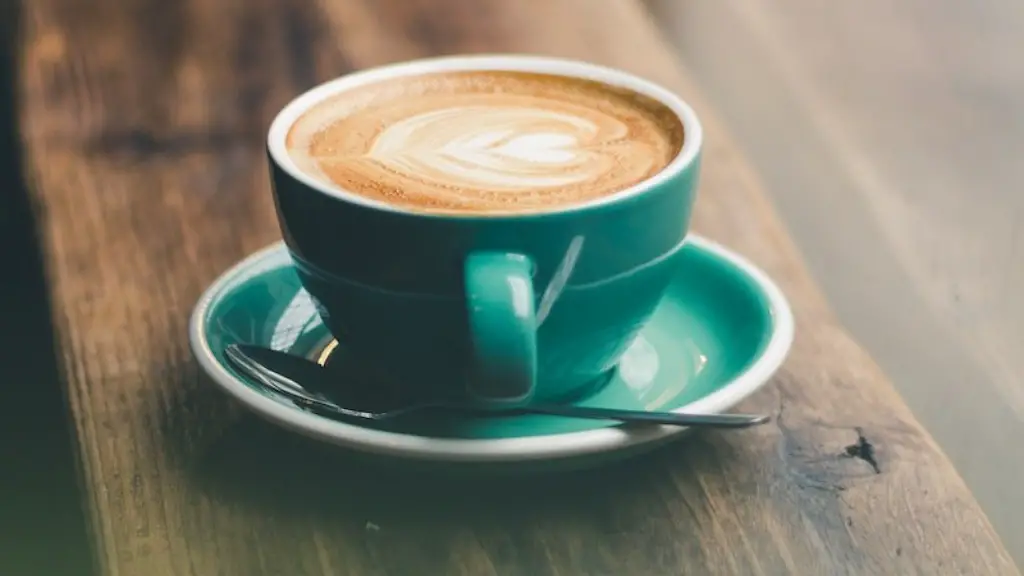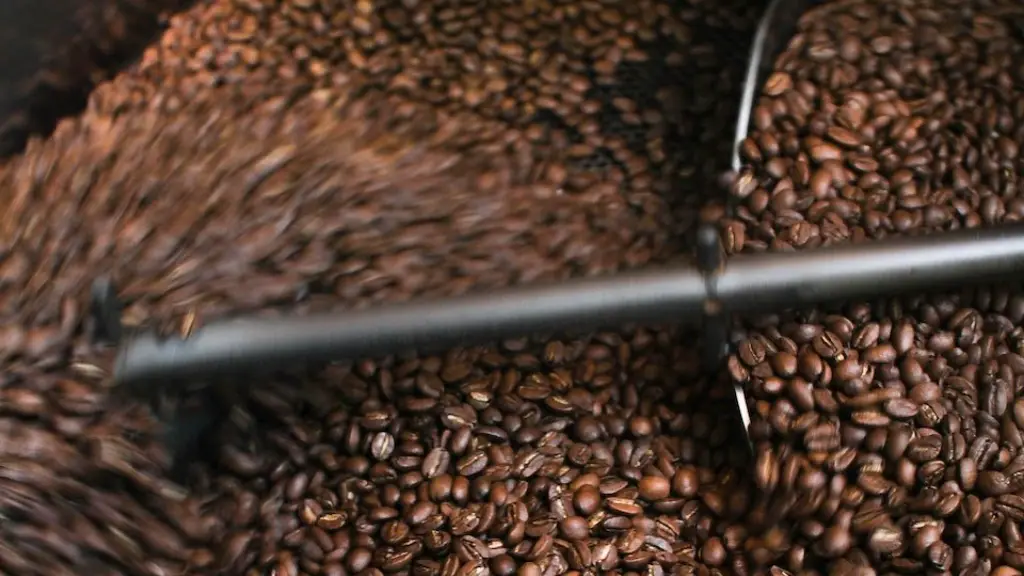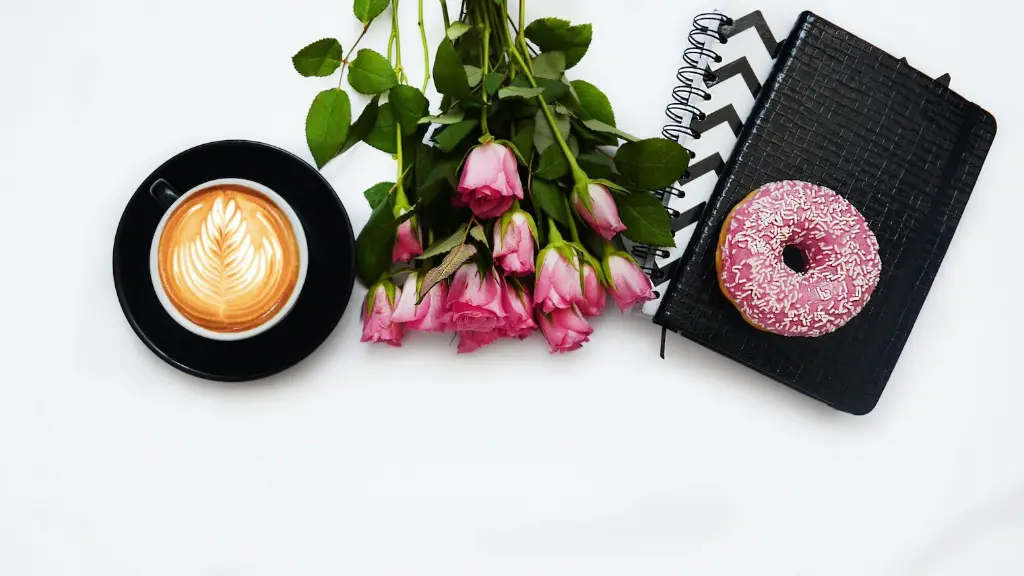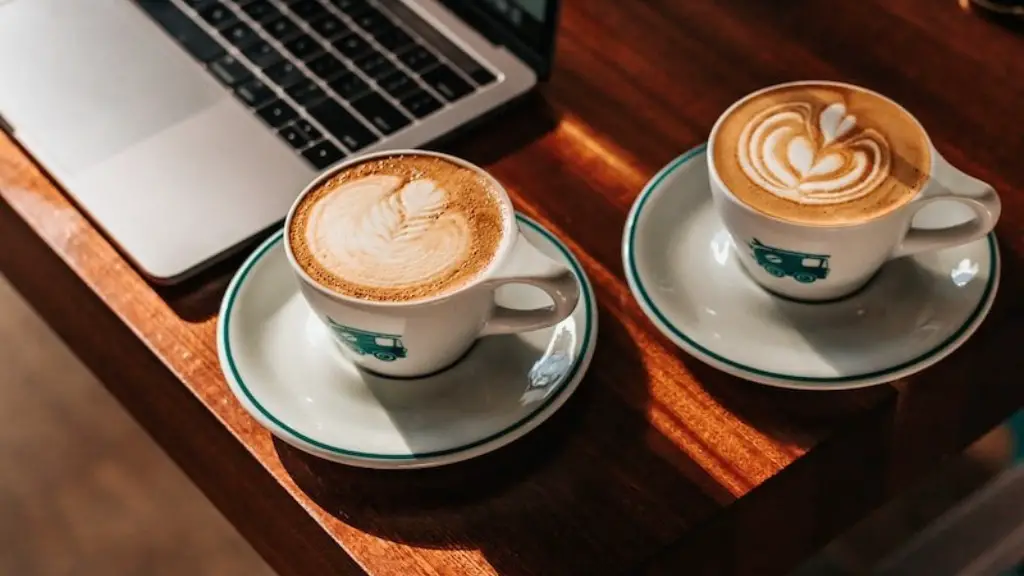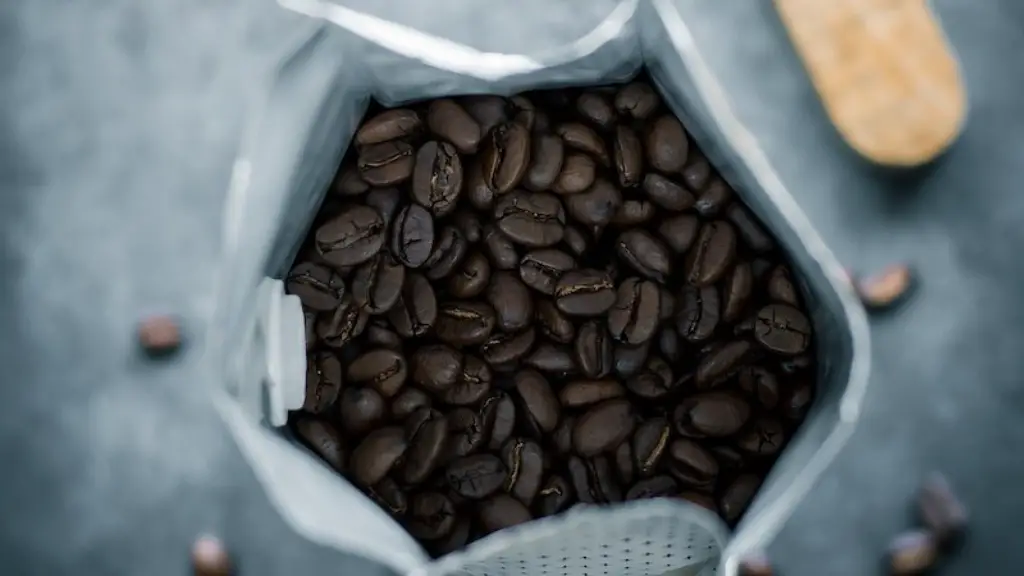It’s no surprise that coffee is one of the most beloved and popular beverages around the world. Every morning, millions of people mainline their morning cup of joe to jumpstart their day. Despite its natural energizing effects, there are also many potential drawbacks to consider before reaching for your favorite mug.
Studies have linked excessive coffee consumption to health problems such as insomnia, irregular heart beat, and even an increased risk of certain types of cancer. It can also contribute to anxiety, anxiety attacks, and elevated levels of stress hormones. In fact, many experts advise against drinking more than two cups of coffee per day, or more than three if you are pregnant.
Coffee might help you feel more alert and energized, but the effects can be deceiving. Caffeine acts as a stimulant, filling your body with a temporary surge of energy. Over time, however, it can cause an energy crash, leaving you feeling sluggish and depleted. This is why it is important to get a good night’s sleep andhydrate throughout the day so that you don’t rely on coffee for energy.
A good way to cut back on caffeine intake is to connect with what it feels like to be fully rested. If you have difficulty achieving a deep and restorative sleep, try gradually decreasing your daily caffeine intake. Going to bed earlier, avoiding sugar and alcohol before bed, and taking some time to relax and wind down can all help your body become more relaxed and restored.
Not only is coffee filled with caffeine and other unhealthy additives, but it is also acidic. This acidity can irritate the stomach and cause abdominal pain and other digestive issues. Also, if you consume too many sugary or flavored coffees, you can upset the body’s natural balance of electrolytes.
Many people enjoy their morning cup of coffee because they love the taste and ritual. But those same people may not realize that it is possible to find healthier and equally delicious alternatives. Almond milk lattes, tea-infused lattes, and chai lattes are becoming increasingly popular for their distinct flavors and health benefits. This way, you can enjoy something special and decadent without overdoing it on the caffeine and sugar.
One of the main reasons why people don’t stop drinking coffee is because of the social aspect. Heading to the coffee shop for a chat with friends or to your favorite cafe for a study session can be great for the soul. Although it may seem hard to break away from this routine, you can still connect with your friends over an herbal tea or a sparkling water.
Prolonged Effects of High Caffeine Intake
High levels of caffeine can also cause physical signs or symptoms of over-stimulation, such as jitteriness, headache, difficulty concentrating, and heart palpitations. Over time, the body can develop a tolerance to the effects of caffeine, thus requiring the person to increase their consumption, leading to even more physical effects. This cycle can be hard to break and is not only unhealthy, but also expensive.
Studies have found that caffeine consumption can lead to increased anxiety and a heightened risk for panic attacks. It can even have a negative impact on some people’s mental health such as those with bipolar disorder or other mental illness. Caffeine can trigger episodes of mania and interfere with the absorption of medications used to treat some mental illnesses.
What’s more, some people are unaware of their sensitivity to caffeine. For some, even a single cup of coffee can cause side effects like insomnia, agitation, or increased heart rate. If you have any unusual physical or mental symptoms when consuming coffee, it is important to consider cutting back or abstaining entirely.
The Benefits of Cutting Back or Quitting Entirely
It may feel difficult to imagine life without coffee, but removing it from your routine can be quite liberating. You will have more energy throughout the day and a better-quality sleep at night. Most importantly, you will be doing something positive for your health and wellness.
For those who are used to the taste and flavor of coffee, cutting back does not have to mean completely saying goodbye. Alternatives such as decaf coffee and herbal tea can still taste great and may offer some of the same beneficial antioxidants, with significantly less caffeine.
If you decide to go “cold turkey”, try easing your way into things. Start by cutting down on your current consumption and slowly transitioning over to lower-caffeine alternatives. Doing so often requires replacing certain behaviors with different ones. For example, instead of grabbing your usual cup of coffee, opt for a relaxing hot herbal tea.
Learning to Manage Cravings and Social Pressures
One of the biggest challenges therefore, is learning to manage cravings and understanding social pressures. Firstly, it’s important to take the time to become aware of when you have coffee cravings, which can be due to habit or emotional triggers. Becoming mindful of coffee-induced habits and emotions can help you address and make changes for the better.
Secondly, managing social pressures is incredibly important. Cutting out coffee does not have to mean isolating yourself from friends, as there are plenty of other activities and beverages to keep you connected. For example, attending a fun yoga class or a weekend hike can be a great way to bond with your friends without relying on coffee.
Lastly, if you do decide to give up coffee, it might take some time to get used to. Giving up coffee could mean fewer social interactions or the inability to cope with the pressures of daily life. However, by understanding and preparing for the potential changes during this transition period, you can cope better and reduce the stress and anxiety associated with the process.
The Value of Natural Alternatives
While cutting back or cutting out caffeine entirely is not always easy, it could lead to a more balanced and healthy lifestyle. There are a variety of natural and healthy alternatives that offer their own unique set of benefits. For instance, herbal teas can be naturally caffeine-free and loaded with antioxidants, vitamins, and minerals. Green juices and smoothies are a great way to boost your energy in the mornings and give you a healthy dose of nutrition.
Finally, eating a healthy, balanced diet full of fruits, veggies, and lean proteins is essential to feeling energized and nourished. Nutrition plays a huge role in regulating our energy levels, so understanding and eating the right foods can be key to providing our bodies with the energy and stability it needs.
Making Lifestyle Changes for a Better Outlook
In the end, it is ultimately up to you to decide whether or not you should quit drinking coffee. If you have determined that it is time for a change, it is important to remember that it’s about more than just quitting habits — it’s about making positive lifestyle changes for a better outlook. Finding alternative sources of energy, managing cravings and social pressures, as well as paying attention to the foods we consume can all be crucial to the process.
It is also important to remember that the key to success is in finding a balance. That means allowing yourself some indulgences in moderation. After all, life is all about balance and learning how to savor the little things.
